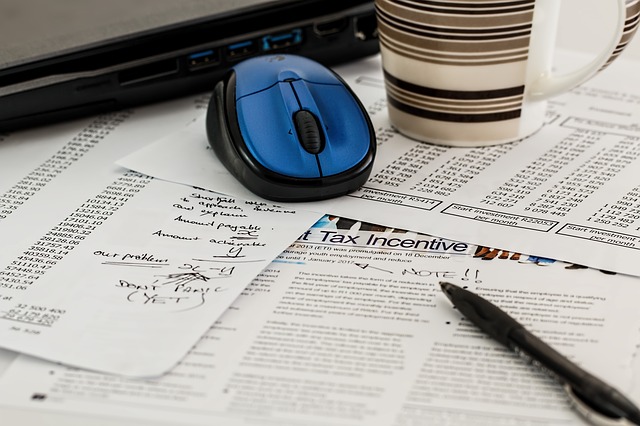Taxing Decisions – Simplifying Your Business’ Tax Compliance Process

Ever wonder if there is any way to simplify reporting taxes and making sure you are compliant each year? Recently there was a Business Activity Statement (BAS statement) revision to make the process less convoluted and more accessible to small business owners. As of July 1, 2017, any business with less than $10 million GST (Goods and Services Turnover) were automatically transitioned to the simpler BAS.
Using accounting software can definitely assist with your taxing decisions, and in fact, make those decisions for you. It is possible to have automated tax reporting directly to the Australia Tax Office (ATO) with several software companies.
Let’s take a look at how to simplify business tax compliance with a few easy steps.
Organise
If you haven’t already, get your business online with a quality accounting software program. There are many types that can fit small, medium, or large businesses. Often a free trial is possible before committing to a certain company. Once you’ve started entering information, make sure to add the features that pertain to tax compliance, such as adding GST to appropriate invoices and payroll deductions for superannuation. Then when you go to report income for the BAS, a generated and detailed report for the ATO will automatically appear and can be submitted after careful review of figures.
Plan ahead for the next year’s tax return. The tax year ends on June 30th each year. Get paperwork in order, including receipts, GST statements, and all tax-related records. Make any business purchases that you’d like to deduct before the June 30th deadline, as well as write off any bad debts that have not been paid.
Finance
Most banks offer features including online banking, reports, and various tracking systems, these can help to organize and simplify your reporting paperwork. Go paperless and store bank statements in a folder that is backed up by an external hard drive.
Open a separate business account to keep better records. If you must make a purchase with your personal account, then transfer the money from the business to personal so that there is a clear trail to track the expense. Scan receipts with your phone and keep track with accounting software or a spreadsheet. Many accounting programs can sync from a bank statement to the accounting program. This only takes a few minutes to set up and can save a lot of time in the long run.
Deductions
Many small businesses are eligible for certain deductions each year. Home office, travel and lodging, clothing, insurance, car expense, and medical expense may be ways to reduce your tax bill. If you use your home as an office, you may also be able to partially deduct electric and gas bills, mortgage payments, and depreciation to furniture or cleaning expenses. Check with the ATO on specific eligibility requirements for each deduction category.
For businesses with employees, you can claim deductions on salary and wages as well as super contributions. If you are a sole trader, you can deduct your own super or retirement fund contributions. Make sure you read carefully before claiming deductions incorrectly. You can find the up to date list here for this year. While it may seem tedious to have to research deductions, it may save money for now or in the future to be aware of current laws for deductions.
Staying Compliant is More Straightforward than Ever
The best way to alleviate stress is to stay on top of all paperwork and install a great tracking system for all accounting and financial transactions. This will give you peace of mind and make lodging your BAS simple and quick. Fortunately, the ATO has helped to streamline the process for small business owners, so that it is becoming easier to stay compliant without too much hassle.

